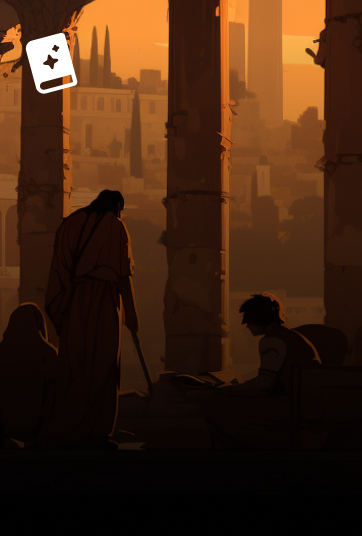

Swann's Way
Ratings4
Average rating4.5
'Swann's Way' is the first part of Marcel Proust's legendary novel, In Search of Lost Time. The Narrator begins by noting, "For a long time, I went to bed early." He comments on the way sleep seems to alter one's surroundings, and the way habit makes one indifferent to them. He remembers being in his room in the family's country home in Combray, while downstairs his parents entertained their friend Charles Swann, an elegant man of Jewish origin with strong ties to society. Due to Swann's visit, the Narrator is deprived of his mother's goodnight kiss, but he gets her to spend the night reading to him. This memory is the only one he has of Combray until years later the taste of a madeleine cake dipped in tea inspires a nostalgic incident of involuntary memory.
Tags
Genre
Series
Featured Series
7 primary booksÀ la recherche du temps perdu
À la recherche du temps perdu is a 8-book series with 7 primary works first released in 1913 with contributions by Marcel Proust and Albert Sonnenfeld.
Reviews
Popular Reviews
Reviews with the most likes.
Nostalgia and run-on sentences.
Recollections of a sad, anxious boy, his memories and accounts of people, often miserable, that he grew up around, scandals that are only scandals due to the attitudes of the time. Very little of the protagonist emerges amongst detailed descriptions of the scenery (nature and architecture), a few books, even place names, aside from his ambition to become a writer and the start of one love affair, which is linked into the large digression regarding the character of Swann, not the narrator, but arguably the protagonist for half the book.
Swann in Love is less a description of that 200 pages and more of a warning. All the ways he looked down on and manipulated Odette, then Odette seemingly turns the tables or Swann buys his own con and it devolvs into toxic Chasing Amy vibes because of her reputation only for her to show up later married to him.
Proust can turn a phrase, whether it's in service of evocative imagery or a scathing insult from a society dame, but there's something overall that's not just whistful in tone but feels actively self-defeating. Not as clear cut as pessimism or cynicism, maybe just depression manifesting? Maybe this is just what it was to be this type of person in this era. I'm not inspired to pick up the next volume, even considering, or perhaps because of, the way this one ended.
⚠️ antisemitism, classism, homophobia

























